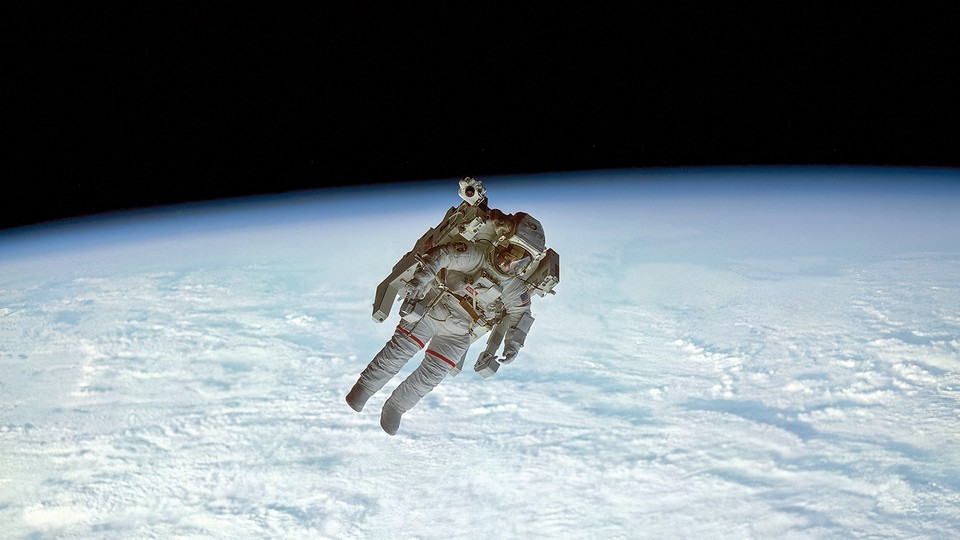Seeing the Earth from outer space can have a huge psychological impact on people, and completely change the way they perceive the world when they touch back down on terra firma. One person who has been open about their life-changing experiences is former astronaut Ronald Garan, who formerly spent 178 days outside the Earth’s atmosphere as a space cadet for NASA.
Garan spoke about his experiences and mentioned the one manmade structure he saw while travelling in space that changed his perception of mankind. He saw a line of lights across Asia and realised it was the border between India and Pakistan – which made him think humans were "living a lie".
Speaking at a TED talk back in 2016, he said: "Initially, I wrote this off as a strange reflection of moonlight on a river. I was very intrigued. It turns out that this was not a natural reflection at all.
"I've always said that you can't see borders from space, apparently I was wrong. The Earth, when viewed from space, almost always looks beautiful and peaceful. But was this an example of manmade changes to the landscape that was clearly visible from space." Garan has also spoken before about the overview effect, which led to him having a “sobering realisation”.
NASA themselves arguably put it best when discussing the overview effect when they said it’s the “impact of looking down at the Earth from above, and how it can create a shift in the way astronauts view and think about our planet and life itself”.
The 'Big Lie' We're All Living
Speaking to Big Think, Garan said he realised that “we’re living a lie”. He explained: “We keep trying to deal with issues such as global warming, deforestation [and] biodiversity loss as stand-alone issues when in reality they’re just symptoms of the underlying root problem and the problem is, that we don’t see ourselves as planetary.”
He added: “I saw the paparazzi-like flashes of lightning storms, I saw dancing curtains of auroras that seemed so close it was if we could reach out and touch them and I saw the unbelievable thinness of our planet’s atmosphere.”
The Need to See Earth as a Whole
The 'overview effect', as experienced by Garan, provides a unique perspective on the interconnectedness of our planet. By witnessing Earth from a distance, astronauts like Garan gain a profound understanding of how human activities affect the planet as a whole, and how seemingly separate issues are actually intertwined. Garan's experience highlights the importance of seeing Earth not as fragmented territories, but as a single, interconnected system that requires a unified approach to address its challenges.
Garan's perspective is a reminder that we need to move beyond our narrow, self-centered views of the world and embrace a more holistic perspective. By recognizing the interconnectedness of our planet and the impact of human actions on the environment, we can work towards a more sustainable future for all. This revelation from Garan offers valuable insight into the psychology of space exploration and its potential to change our worldview. It emphasizes the need for global collaboration and a shift towards a planetary consciousness in order to address the complex challenges facing our planet. The 'overview effect' serves as a powerful call to action, urging us to move beyond the artificial boundaries we create and recognize our shared responsibility for the well-being of our planet.


















